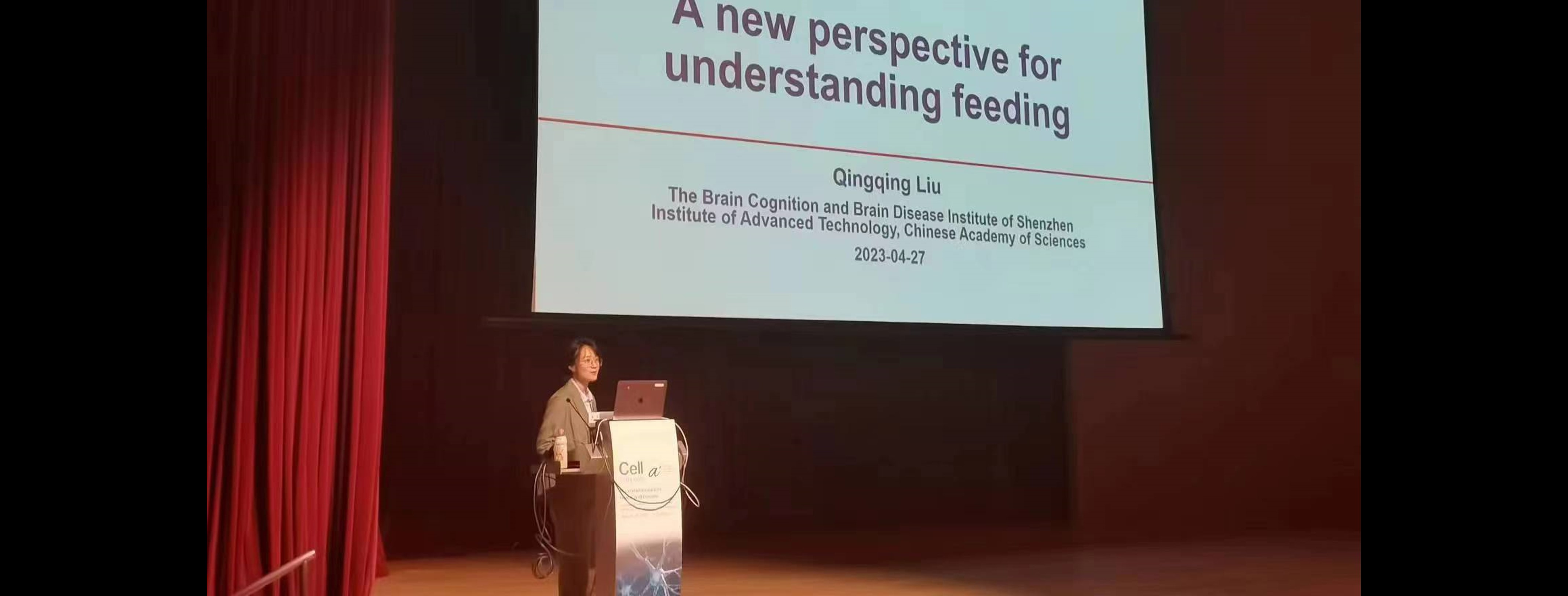
LIU Qingqing
Introduction
The natural environment is volatile. Wild animals survive with their innate instinct to cope with the complex natural environment, which reflects the wisdom of nature. The brain is the physical basis of instinct, which is mainly regulated by the subcortical part of the brain. Compared with the layered structure in the cortex, the subcortical neural network structure is more complex, suggesting a neural coding pattern unique to instinct. Starting with the two basic instinctive behaviors of eating and escape, we study innate behaviors and the motivation behind them from the perspective of neuroscience. We have established an automated behavioral detection system and a deep-learning-assisted method for sophisticated behavioral pattern analysis, thus achieving an accurate analysis of instinctive behavioral patterns and a clear definition of behavioral motivations. We further used neural calcium signal analysis and fMRI, combined with optogenetics, chemogenetics, and neural circuit tracing methods to analyze the encoding of motivation and the regulatory role of specific neurons in the preparation, initiation, and maintenance of innate behaviors. Furthermore, at the neural network level, motivation representation and brain neural network dynamics in health and disease conditions are studied. Through these studies, we aim to delve into the intelligence of nature and understand the nature of intelligence and life.

